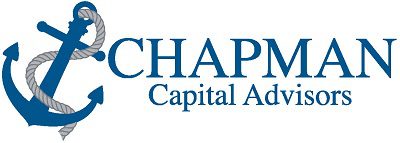On September 7, Equifax – one of the largest American credit agencies – announced a data breach by cyber criminals that may affect you. The criminals gained access to millions of Americans’ personal information, including Social Security numbers, birth dates, addresses, and similar information. Those affected are vulnerable to identity theft.
Price Wealth Management is vigilantly monitoring money flows of every client account entrusted to us. Thankfully, no suspicious activity has occurred. We also want to make sure you are aware of resources to ensure the protection of your personal and financial information.  Please follow the steps below to determine if you or anyone in your household was impacted by this incident:
- Go to https://www.equifaxsecurity2017.com
- Click on the “Potential Impact†link, and you will be asked to provide your last name and the last six digits of your Social Security number.
- Based on that information, you will receive a message indicating whether your personal information may have been compromised by this incident.
- If your information has been compromised, Equifax is offering free identity theft protection and credit file monitoring through Tuesday, November 21, 2017.
You play a vital role in keeping your information secure. Â Here are some things you can do to protect yourself:
- Protect passwords, PINs and answers to any security questions by not sharing them with anyone you don’t want to have access to your accounts. Avoid easily guessed passwords (e.g. family members’ names, birthdates, Social Security numbers, etc.).
- Keep security software up to date, and use encryption software on your computer.
- Use your personal computer for financial transactions, avoiding public-use computers.
- Do not give out vital information over the phone, by email, or through in-person requests. Type in the address of the internet site you want rather than clicking a link provided in an email.
- Check your financial accounts regularly to ensure no unauthorized activity is taking place. Contact your credit card company or financial account institution immediately if you notice anything suspicious.
- Monitor email, social media, and online financial accounts for unauthorized changes. If you receive an email that changes have been made to one of your accounts (e.g. new contact details, new addresses, etc.) that you did not authorize, follow the instructions provided by your service provider to protect your accounts.
- Only click on links or open attachments that you expect and are from sources you know and trust. Even if an email is from someone you know, if it looks suspicious, play it safe and confirm with the sender before opening.
- Use public WI-FI thoughtfully, as your data, traffic, and identity could be completely exposed.
Printable pdf version available -Â Equifax Cyber Security Incident





